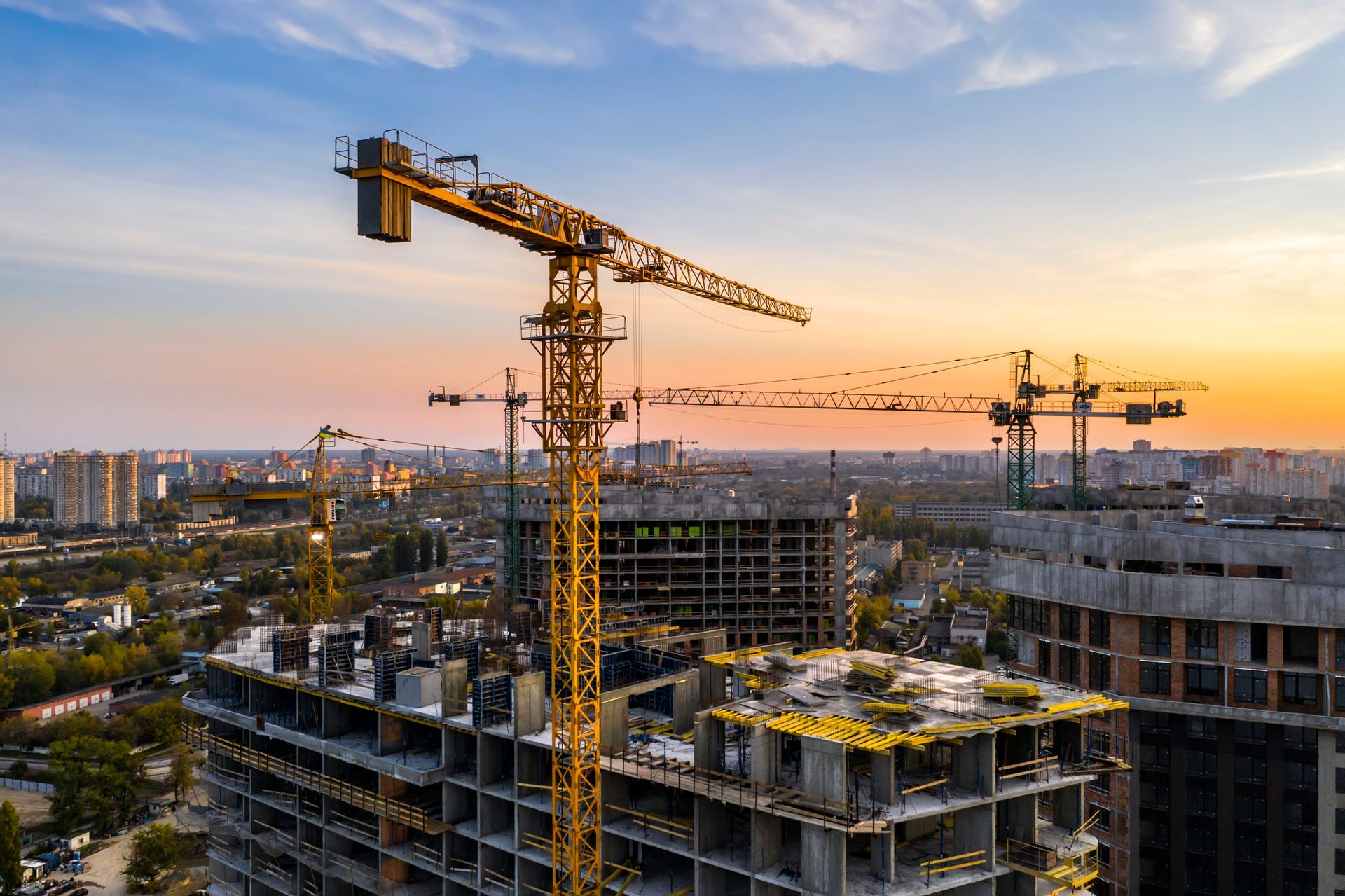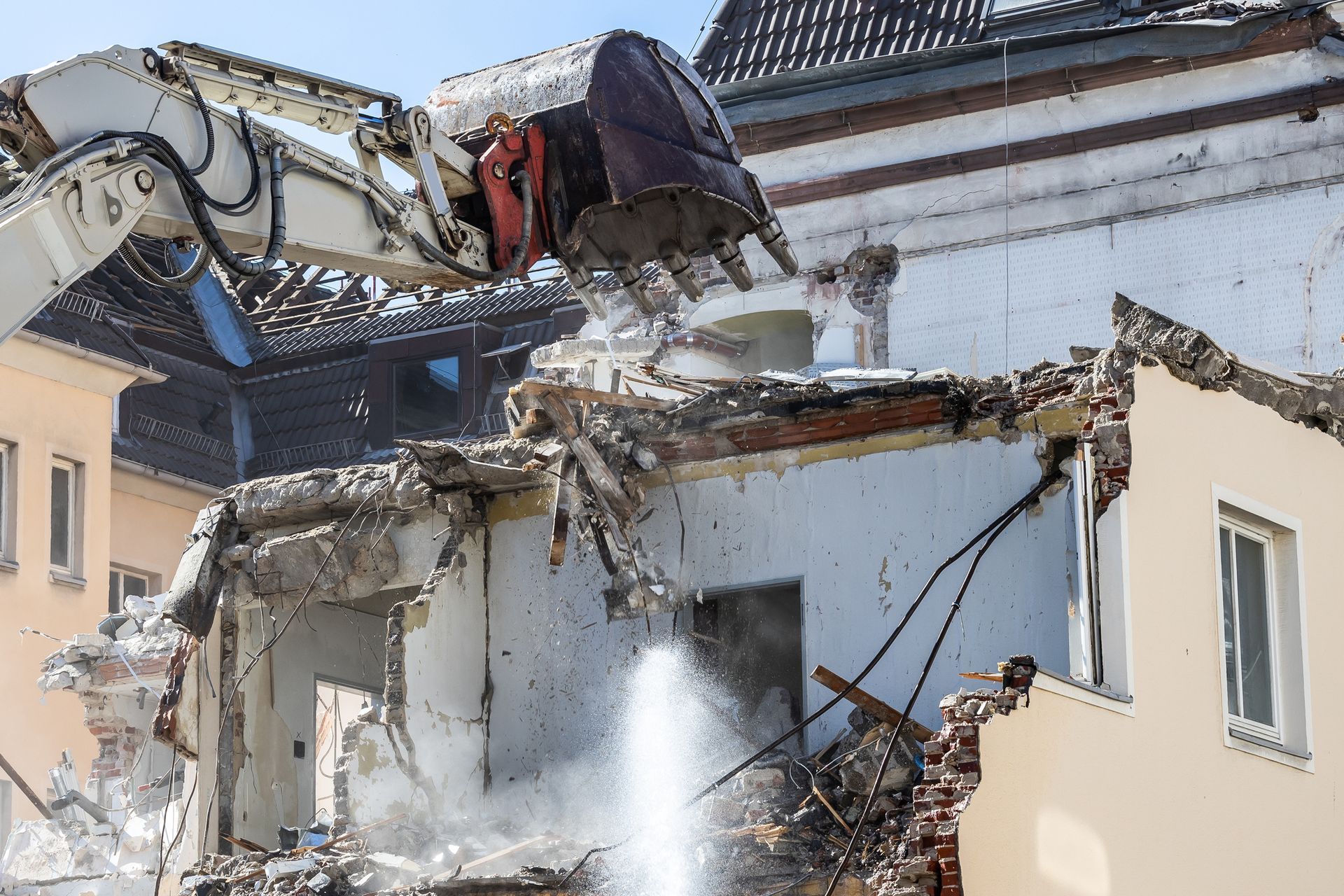Essential Crane Safety Tips for New Jersey Construction Projects

When it comes to construction projects in New Jersey, the use of cranes in NJ is a common sight. These powerful machines enable teams to lift and move heavy materials efficiently, but they also come with significant risks if not operated safely. For construction professionals, understanding and implementing proper safety protocols is essential to ensure a secure working environment for everyone involved. In this article, we'll explore some essential crane safety tips tailored specifically for New Jersey construction sites.
Proper Training and Certification
Before anyone operates a crane, it’s crucial that they receive the proper training and certification. In New Jersey, the Department of Labor and Workforce Development mandates that crane operators must be certified. This ensures they understand not only how to operate the equipment but also the safety protocols necessary to mitigate risks. Investing time in training can save lives and protect your project from costly delays.
Regular Inspections
Regular inspections of cranes in NJ are non-negotiable. Every crane should undergo a thorough inspection before it’s put to work, and routine checks should be performed throughout the project. Look for any signs of wear and tear and ensure that all safety features are operational. Utilizing a checklist can help ensure that nothing is overlooked.
Clear Communication
Effective communication on-site is vital when operating cranes. Ensure that all team members are aware of the signals and commands used during crane operation. Using two-way radios can facilitate clear communication, especially in noisy environments. Designating a signal person to direct operations can also enhance safety by keeping everyone informed of movements and potential hazards.
Establishing a Safety Zone
A clearly defined safety zone around the crane operation area can prevent unauthorized personnel from entering potentially dangerous zones. Use barriers, caution tape, or cones to establish this zone and ensure that all workers are aware of it. Only those directly involved in the operation should be permitted within the safety zone.
Weather Considerations
New Jersey weather can be unpredictable, so it’s important to monitor conditions closely. High winds, rain, or icy conditions can significantly impact crane operation. Before beginning work, assess the weather conditions and be prepared to halt operations if they become unsafe. Always prioritize the safety of your team over project timelines.
Load Limits and Stability
Every crane has specific load limits, which must never be exceeded. Operators should be trained to understand how to calculate the weight of the load and to make use of proper rigging techniques. Additionally, ensuring that the crane is on stable ground and properly leveled is critical to prevent tipping. Familiarize yourself with load charts and always adhere to the manufacturer’s guidelines.
Emergency Preparedness
Having an emergency response plan is essential for any construction site utilizing cranes in NJ. Conduct regular drills so that your team knows how to react in case of an incident. This preparation can make a significant difference in the effectiveness of the response should an emergency occur.
Prioritize Safety in Every Lift
Safety should always be the top priority on any construction project, especially when using cranes. By adhering to these essential crane safety tips, you can help create a safer environment for your team and ensure that your project runs smoothly. If you’re in need of crane services or expertise for your construction projects in Clarkstown, NY, contact Cranes South Jersey. Our experienced team is here to help you operate safely and efficiently!







